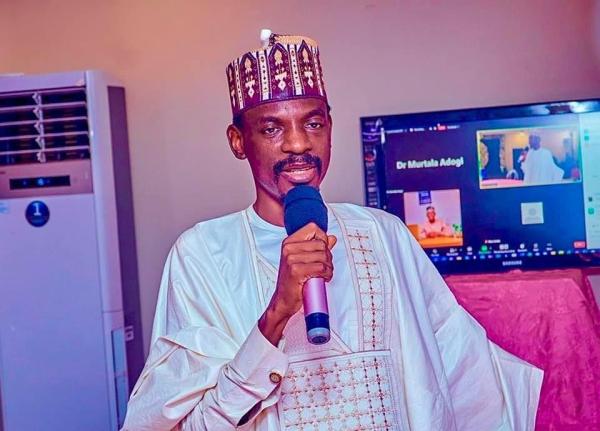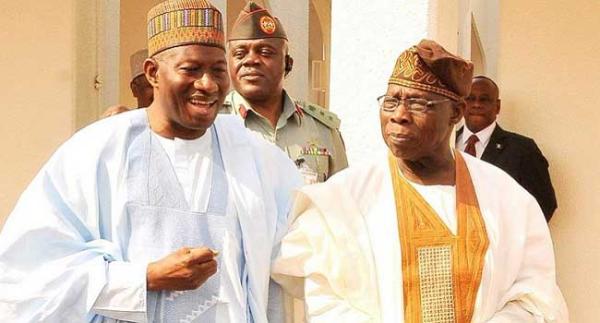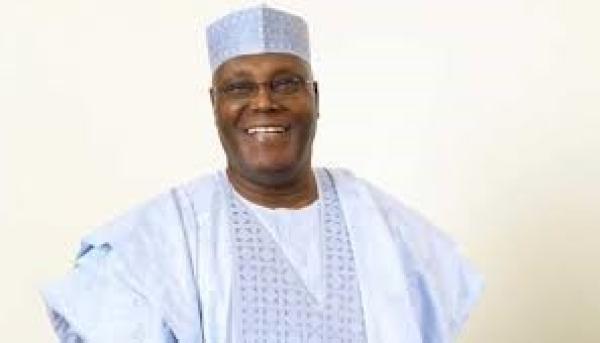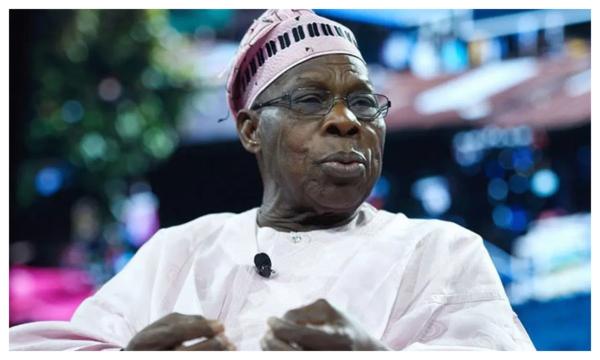
The outgoing 7th National Assembly yesterday failed to pass the controversial Petroleum Industry Bill (PIB), a re-occurring development that has greeted past assemblies which have failed to pass the bill since its introduction in 2008.
Although, the House of Representatives passed the Bill yesterday, without Senate concurrence, stakeholders described the passage as “belated” and to “no effect whatsoever”.
With the expiration of the 7th National Assembly, the PIB will have to be reintroduced in the 8th Assembly for the third time as the 6th National Assembly also failed to pass the bill.
Senate President David Mark yesterday, in his valedictory speech, lamented the inability of the 7th National Assembly to pass the PIB. According to Mark, despite the efforts of the 7th Senate, they did not meet all the targets they set for themselves.
“… as much as we tried, we did not meet all the targets we set for ourselves. For instance we were not able to pass the PIB and our constitutional amendment is stalled,” Mark had said.
LEADERSHIP Friday recalls that the bill in the Senate passed through first and second reading but was however not brought up in plenary for further debate.
Reacting to the development, the executive director, Civil Society Legislative Advocacy (CISLAC), Auwal Musa Rafsanjani, said even though the PIB was passed by the House of Representative, it has no effect whatsoever.
Rafsanjani noted that the passage by the House of Representatives was done in a manner that will be difficult for legislative assent because time is needed to set up a harmonisation committee before final assent is given.
He said, “We did all we could to get them to pass this bill all these years but they didn’t. What they did does not demonstrate their seriousness about the passage of the bill. If they were serious, they would have done this long ago to allow for enough time for legislative conclusion to be done on the matter.
“In my opinion, I don’t think they did what Nigerians wanted them to do. They had all these years, but they did nothing only for them to pass it at the last hour leaving no time for further legislative action”.
But in a swift reaction, a member of the House and chairman of Budget and Research Committee, Hon. Opeyemi Bamidele, told LEADERSHIP Friday last night that the passage of the PIB by the outgoing House was an invitation to the Senate to do the same.
Bamidele however expressed hope that the Senate might act before the tenure of the 7th National Assembly officially ends on Saturday, June 6, adding that if that does not happen, ‘’the next Assembly will do it because governance is a continuum.’’
‘’I will not agree that what we did was an exercise in futility for lack of concurrence. It was an invitation to the Senate to act. We were elected by the people and what we did was in fulfilment of that mandate,’’ he said.
The PIB, introduced to the National Assembly in one form or the other since 2008, proposes to completely overhaul Nigeria’s petroleum industry. The current draft of the Bill, sent to the National Assembly in 2012, seeks to, amongst others, restructure the regulatory and commercial institutions in the petroleum industry, change the fiscal dynamics and reform the operational mechanisms of the upstream, downstream and natural gas industries.
The House of Representatives passed the PIB on Thursday, the last legislative day of the 7th Assembly.
LEADERSHIP Friday recalls that the PIB Ad-hoc committee led by the House Chief Whip, Hon. Ishaka Mohammed Bawa, presented the report on March 2015 after almost three years of its assignment. The House began actual consideration of the PIB report on May 13.
The acting speaker, Emeka Ihedioha said that the House took painstaking steps in constituting the Adhoc committee on PIB in order to reflect the diverse interests of the country, adding that the bulk of the work is now left for the Senate in terms of passage and concurrence.
Ihedioha had on Tuesday decried that contributions of House members to the PIB had been characterised by political interest instead of technical inputs.
Before the eventual passage of the PIB, the Bill suffered series delays due to arguments bordering on political, constitutional and operational technicalities raised by federal lawmakers during votes on the report’s clauses.
As 7th Senate Adjourns Indefinitely, Marks Rules Out PDP From Leadership Tussle
As the 7th Assembly of the Senate adjourned sine die yesterday, Senate President David Mark ruled out any possibility of senators of the Peoples Democratic Party (PDP) joining in the contest for leadership positions in the incoming Senate.
This is just as the Senate yesterday dumped its last-minute attempt to override former President Goodluck Jonathan’s veto on the constitution amendment passed by the House.
The consideration was, according to the Senate leader, Victor Ndoma-Egba, suspended till “another legislative day.” Yesterday was the last day of the last Assembly.
Mark, who made this known during his closing statement at the valedictory session to mark the close of the 7th Senate, said the race was for lawmakers of the All Progressives Congress (APC), and not for PDP members.
He made this comment while responding to the solicitation of support by Sen George Akume for the leadership of the 8th Senate. During his contribution at the valedictory session, Akume had asked Mark to support the Ahmad Lawan- George Akume candidacy for the next president and deputy president of the Senate respectively.
Akume had said that as brothers from the same state and colleagues who had been together in governance, the people of Benue State would be highly elated if he supported the Lawan-Akume bid.
But while responding, Mark stated, “Let me remind you I am of the PDP. The leadership of the 8th Senate is a matter for members of the APC.”
Earlier, Mark had commended his colleagues for their contributions to the development of Nigeria through their work at the Senate, even as he lamented that some major bills, such as the review of the constitution, failed to see the light of day and the Petroleum Industry Bill (PIB) is “still in limbo.”
He, however, noted that the federal lawmakers had supported the executive arm in the fight against terror through the passage of the Anti-Terrorism Bill and approval of $1 billion loan for the procurement of arms and equipment for the military.
While noting that the abduction of Chibok girls remains a national scar, he, however, commended the job the military has been doing to curb the insurgents who, he lamented, had caused the highest number of deaths to Nigerians since the civil war.
Earlier, while moving the motion for the valedictory session, leader of the Senate, Victor Ndoma-Egba said 115 motions were considered and passed and a total of 591 bills were introduced between 2011 and 2015, out of which 123 have been passed and others are at various stages of legislative processing and consideration. Some of the bills include Occupational Safety and Health Bill, Pension Reform Amendment (Repeal and Re-enactment) Act, Same Sex Marriage (Prohibition) Bill, Discrimination Against Persons With Disabilities (Prohibition) Bill, Terrorism (Prevention) Act 2011 Bill and Proceeds of Crime Bill.
He added that the Senate effectively collaborated with the executive in the overall national interest, stabilising the polity without undermining the integrity and independence of the Senate.
“This is most evident in the ratification of the State of Emergency proclaimed by the president in the three northern states of Borno, Yobe and Adamawa, as well as the intrinsic support given to the executive in convening the National Conference of 2014.”
Ndoma-Egba also hailed the 7th Senate for been stable and scandal free.
Other dignitaries witnessed the valedictory session, including former Senate presidents Ken Nnamani, Joseph Wayas, Ameh Ebute; former deputy Senate president, Ibrahim Mantu, former Senate leader, Teslim Folarin; former clerks of the National Assembly, some former senators.






















